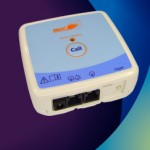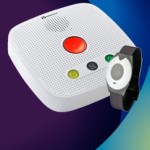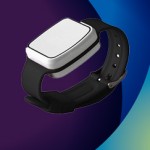How to obtain a free epilepsy alarm

In the UK, obtaining a free epilepsy device may depend on
several factors, including your eligibility under the (NHS) or specific
epilepsy charities. Here are steps you can follow to potentially get a free epilepsy
device:
1. NHS Services
Consult with your GP or Neurologist: The first step is to
talk to your GP or neurologist. They can refer you to epilepsy specialists who
may be able to prescribe certain devices, such as seizure alarms, wearable
devices, or seizure detection watches, based on medical need.
Request Assistive Technology: Devices like seizure alarms
might be available through NHS assistive technology services. If your
specialist agrees that you would benefit from a device, they might help you
access it at no cost.
2. Local Authority Social Services
Assess for Support through Social Services: Depending on
your needs, you may qualify for support from your local authority's adult
social care department. They can assess your requirements and might provide
epilepsy devices, such as bed alarms or safety equipment, for free.
3. Charities and Support Organizations
Epilepsy Action: This UK charity offers support and advice
and may direct you to grants or schemes that help individuals obtain epilepsy
devices. They can also provide information on seizure alarms and other safety
devices.
Website: https://www.epilepsy.org.uk/
Epilepsy Solutions: provide a large range of bed based and
wearable devices and can provide you with guidance on which charities to
approach for funding.
Website: www.epilepsysolutions.co.uk
4. Grants and Financial Aid
Disability Living Allowance (DLA) / Personal Independence
Payment (PIP): If you qualify for these benefits, you may use the funds to
purchase epilepsy devices.
Grants from Epilepsy Charities: Some epilepsy charities or
trusts offer grants to people who cannot afford essential devices. Check with
local epilepsy organizations or search online for UK-specific funding options.
5. NHS Continuing Healthcare
In some cases, individuals with complex needs might be
eligible for NHS continuing healthcare, which could cover the costs of epilepsy
devices that help with daily living and safety.
Each pathway might have different criteria, but these
organizations and services are good starting points for getting a free epilepsy
device.





